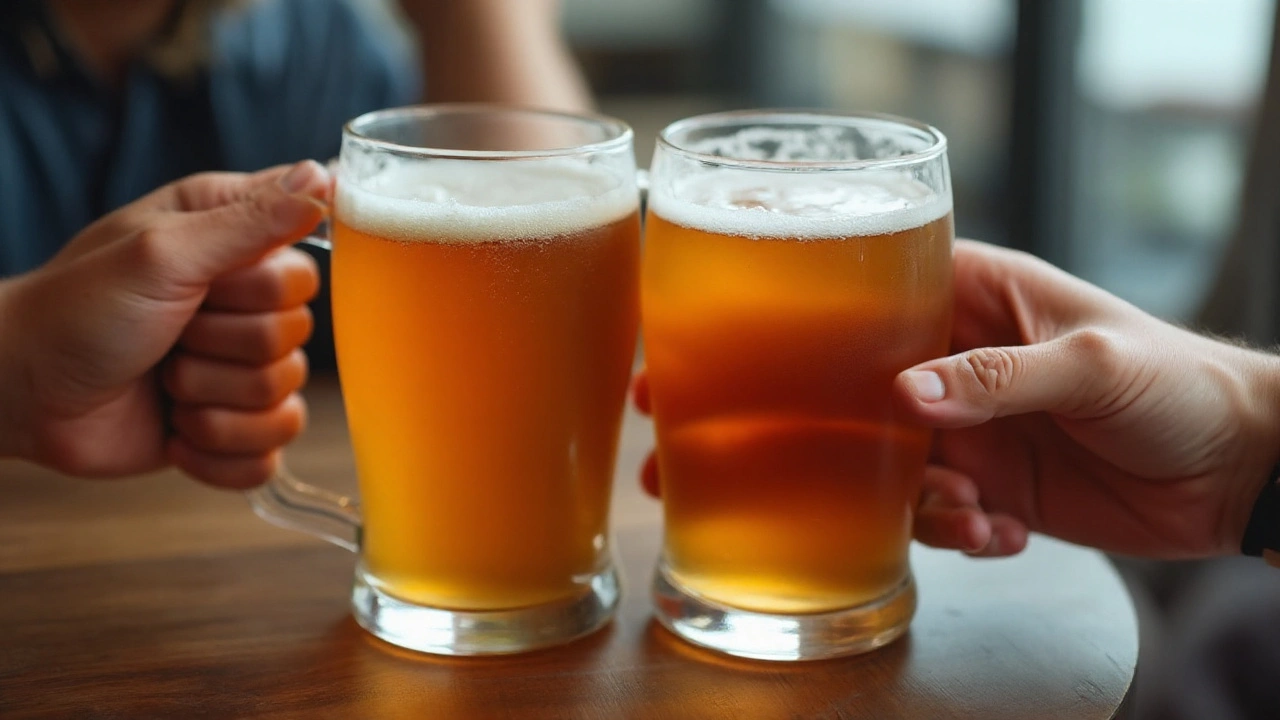Scotland Licensing Law: A Practical Guide for Sports Fans and Venue Owners
If you’ve ever tried to host a match, a tournament or even a local league night in Scotland, you’ve probably bumped into the term “licensing law.” It’s not just legal jargon – it decides when you can open doors, serve drinks, play music and keep crowds safe. Below we break down the basics, the must‑know rules, and where to get help.
What Does the Scotland Licensing Law Actually Cover?
The law applies to any place that sells alcohol, provides entertainment, or hosts large gatherings. That means football clubs, rugby grounds, community halls, pubs with live music, and even temporary pop‑up events. It sets three core things: the licence type, the operating hours, and the safety standards you must meet.
There are three main licence categories:
- Premises licence – needed if you serve alcohol, provide entertainment, or sell late‑night refreshments.
- Club licence – for private members’ clubs that want to serve drinks and hold events.
- Temporary event licence – for one‑off festivals, charity matches or pop‑up tournaments.
Each licence comes with conditions about crowd numbers, noise limits and responsible service of alcohol. Ignoring them can lead to fines or even a shutdown.
How It Affects Sports Venues and Clubs
Sports venues often have extra layers because they combine food, drink, loud music and large crowds. Here’s what you need to check:
- Alcohol sales: You must have a premises licence that lists your operating hours. If you serve after‑hours, apply for a special extension.
- Entertainment: Live DJ sets or halftime shows need a “entertainment” condition on the licence. The local council will check noise levels to protect nearby residents.
- Safety: You’ll be asked to provide a crowd‑management plan, first‑aid provisions and fire‑safety checks. For big matches, a licensed stewarding company is often required.
Failure to meet any of these can lead to a “conditional licence” – meaning you can only operate under strict limits until you fix the issues.
For smaller community clubs, the process is simpler but still needs a licence application, a public notice period and a chance for neighbors to raise concerns. Most councils offer a free pre‑application meeting to clear up doubts.
One tip that saves time: keep all your licence paperwork up to date and store it in a shared folder. When the local licensing board asks for a copy, you’ll have it ready.
Finally, remember that the law isn’t static. Recent updates in 2023 introduced stricter noise controls and a new digital application system. If you’re planning a major event, check the latest council guidance before you file paperwork.
Bottom line: Scotland’s licensing law may feel like a maze, but it’s really about safety, fairness and keeping the fun going. Know your licence type, follow the conditions, and you’ll avoid costly penalties while giving fans a great experience.
Loch Lomond pub ban: Glasgow man barred for two years over alleged sectarian abuse
A Glasgow man has reportedly been banned from a Loch Lomond pub for two years after alleged sectarian behavior. While key details remain unconfirmed, the case highlights how Scottish pubs use bans and Pubwatch schemes to deter abuse. We outline what is known, how the law treats sectarian incidents, and what happens next for venues and patrons.
